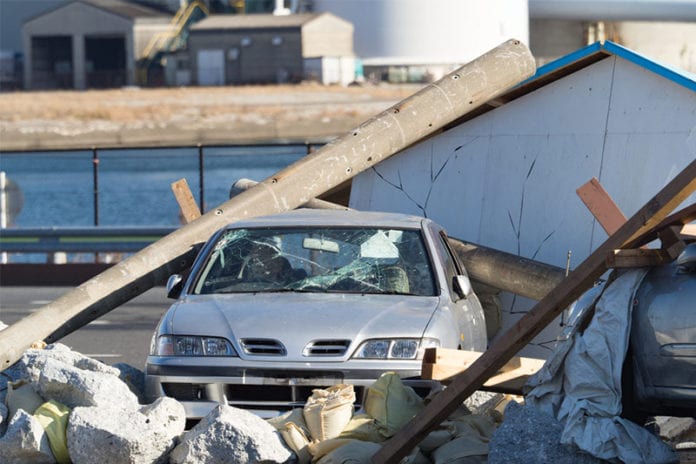How often are bedside nurses included in disaster planning or in the debriefing after a drill?
Recently, the issue of the need for essential personnel to handle “surge capacity” (which has been described as the “ability to expand care capabilities in response to sudden or more prolonged demand” on the healthcare system) was studied in a large Midwestern health network.
“Essential personnel” was not well-defined, but we all know who they usually mean. And the people who are in charge are not necessarily the ones who know what’s going on or how to DO stuff…
Key considerations in surge capacity are the “four S’s”: personnel (Staff), supplies and equipment (Stuff), facilities (Structure), and integrated management policies and processes (Systems).
“Stuff'”is usually not a problem for long in a disaster, as push packs of drugs and other supplies can be delivered within 12 hours to any location in the continental U.S.
“Structure” and “Systems” may well be compromised in the event of a natural or manmade disaster, as in a bombing or the current earthquake aftermath in Japan. Don’t count on your cell phones or computers to work, or for your facility’s structure to be safe for occupation.
The big question? Staff. Who will actually show up when a disaster occurs? And if staff nurses are unwilling or unable to fill a sudden critical need, what then?
Personally, I would not feel very confident as a patient if the only nurses I saw were fresh out of school with very little experience. Let me see a face with some wrinkles and battle scars, if you please!
There are a lot of reasons for nurses to stay home instead of reporting for duty in such an event: Responsibility for the care of children or others, instructions to “shelter in” given by emergency management officials, the shock and fear of it all, personal health problems, transportation problems, and lack of communication.
The FIRST thing that a nurse must do is to take care of yourself. Do not put yourself in harm’s way when the police, firefighters or other professionals tell you to stay out of the way. The next thing is to make sure your family is safe and that you will be able to function without worrying about them while you are away at work.
If you DO make the decision to report to work and if it is possible to get there, take a bag packed with extra clothes and essentials for at least 3-5 days. Anticipate that you will work 12-hour shifts and will most likely bunk at a designated facility close to your assigned work area. It is also a good idea to take bottled water (load up the trunk of your vehicle!) for drinking and basic bathing needs. Bring any medications–prescription or otherwise–that you take on a regular basis, along with your own medical and immunization records.
Bring along your license and a photo ID. Anticipate security checks along the route (your employer may have issued emergency passes in the event of an anticipated disaster such as a hurricane evacuation).
Above all, remember that you are there to HELP, not hinder, the efforts under unique circumstances.
Do NOT show up injured or sick to work. You will then be just another casualty for an overburdened staff to have to deal with.
What do you think? Share your thoughts in the comments section below.
This article was republished with permission from SCRUBS Magazine.


